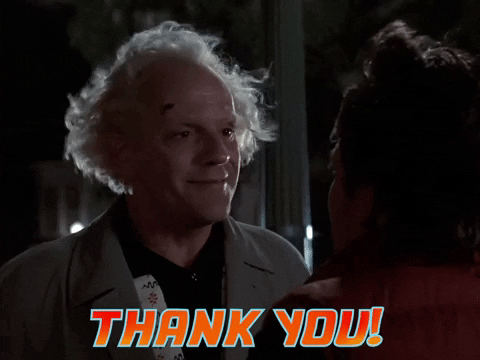Money doesn’t buy happiness but it does buy better health and a longer life
Money, Money, Money!

The door opens and this rush of light comes through.
My dad tells us to get out of the car and follow him.
I get out of the car shielding my eyes from the sun and start following my dad
We get in this long line. I am just looking forward to eating some McDonalds afterwards!
I really don’t know where we are or what we’re doing, but I do know that it is important.
Then this lady comes up to me and asks me my name and birthdate and my dad hands her some papers.
The lady then tells me that this might hurt a little.
I then proceeded to get 3 shots and the polio vaccine.
It wasn’t until I got older did I realize what that was.
We were at a free clinic getting vaccines so we could start school.
For those that don’t know I am an immigrant. We moved here when I was eight years old. When we came here we obviously didn’t have insurance right away. Thankfully we had the resources to be able to find a clinic that would be able to help us.
We didn’t grow up poor. We were middle class. My parents worked their tails off so that we didn’t have to worry about food or shelter.
I look back at those days with great fondness. It was before I truly understood what was going on around me. I didn’t realize how lucky I truly was.
Healthcare in America is not broken
It works exactly as it is intended to work.
We think it is broken because it does not align with what we think it should be.
In a recent podcast with Rusha Modi he talks about this concept. In America, if you have money and the means to get access to care, nutrition, clean air, etc., you will live longer. If you don’t, then you won’t. It’s as simple as that. They say money can’t buy happiness, but in this case, it buys you a longer and healthier life.
In a study published in JAMA in April of 2016 the authors found that “The richest American men live 15 years longer than the poorest men, while the richest American women live 10 years longer than the poorest women. Let that sink in for a little bit. The graph below shows that as household income increases so does life expectancy.
There were some other interesting things they found while looking at the data. One I do want to focus on was that access to healthcare is not the primary reason for the shorter life expectancy of low income individuals. They came to this conclusion because there was no change in mortality rate after the age of 65 which is when they would be eligible for Medicare.
Another interesting finding was between 2001 to 2014 life expectancy did not change for people in the bottom 5% of earners, but increased by about 3 years for the top 5% of earners. They did mention that this difference varied based on the area of the country. I recommend reading the article or you can read this interview with the authors in the Harvard Gazette where they summarize the article.
This disparity got worse during the pandemic. A study published in 2022 looked at the relationship between income and life expectancy before and during the COVID-19 pandemic. You can see in the figure below the life expectancy gap got much wider for lower-income households and remained steady for the highest-income households.
Your zip code matters?
In 2019 the Times published an article looking at life expectancy based on the zip codes. They found that the disparity in life expectancy between zip codes in the same city could be up to 30 years! This was seen in Chicago. They listed many factors that could lead to this, such as environment, social factors, and also lack of access to healthcare. The lowest life expectancies in the city were seen South Side of the city where there are higher rates of unemployment and limited access to fresh food which could be the reason for high rates of obesity as well.
Education is the answer to everything!
One of the most agreed upon ways to earn more is to get a good education. A recent Georgetown University Study they found that children from low income households, even if they were high achieving were less likely to graduate college than kids with low scores from high income households.
I will end this article with a quote from Anthony Carnevale (author of the Georgetown University study).
He said “in America, we often celebrate the strivers who beat the odds, but it’s important to remember what those odds actually are. The odds are there, and they're high, and you've gotta do something about the odds, not just celebrate the strivers who overcome."
Thank you so much for your support! Please do not hesitate to reach out if you have any questions or leave a comment.
You can connect with me on LinkedIn and I am trying to be more active on Twitter. Would really appreciate a follow there!
If you enjoyed what you read join 1000+ people learning about all things healthtech every week!
I hope you have a great day!







